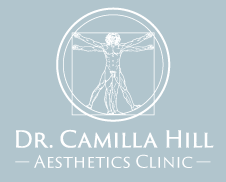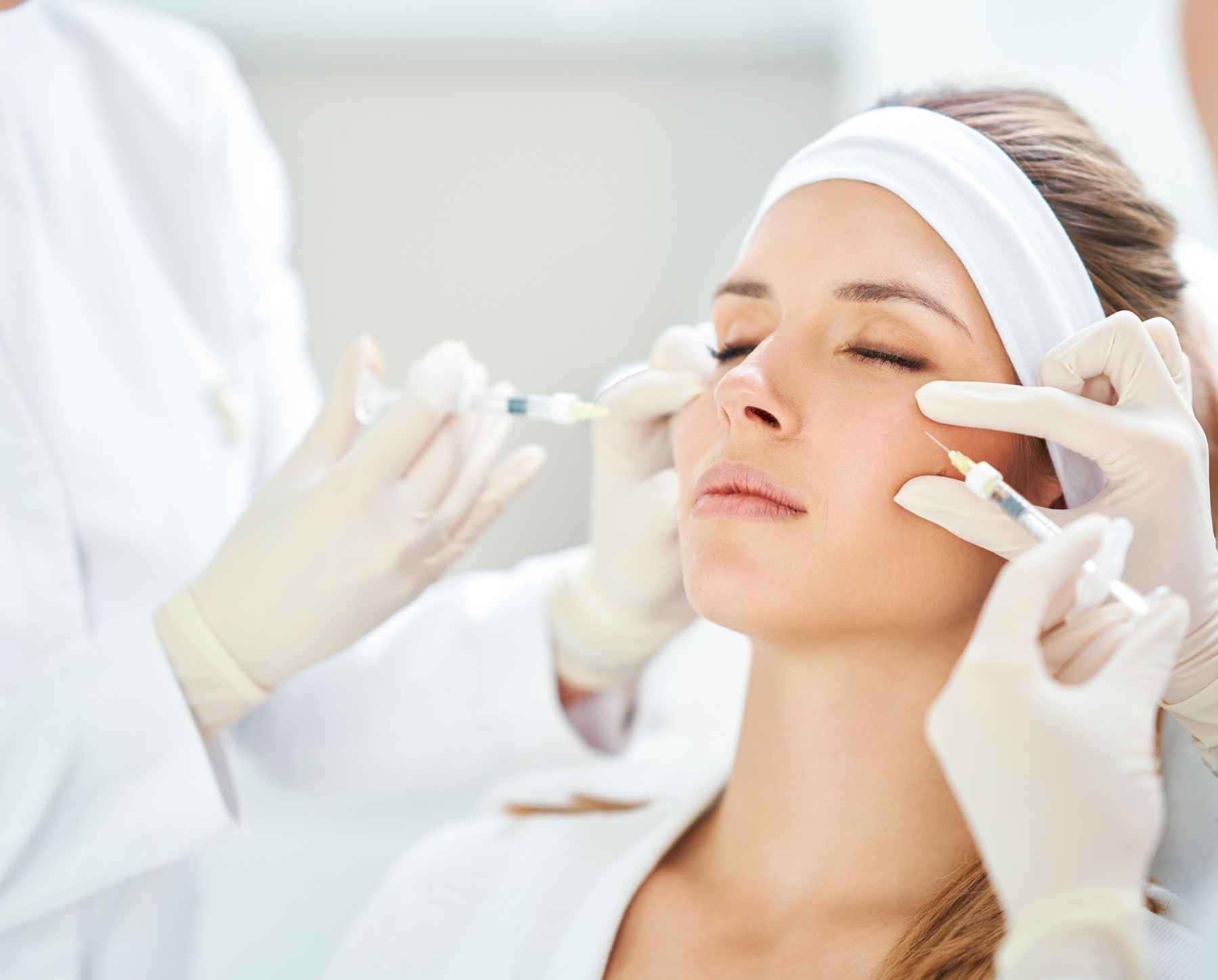Cosmetic treatments are linked to aesthetic enhancements. For some people though, their treatments can play a part in the recovery from illness or as part of a mental health battle.
Appearance, and how you perceive yourself, is, rightly or wrongly, tied into confidence and self-esteem.
Facing a health battle will take a toll on your wellbeing in general and this can also impact your appearance. Some illnesses may have an impact on your appearance, which can lead to low mood and a loss of confidence.
If you have faced a mental battle to fight your illness, this can become overwhelming. If you want advice on enhancing your appearance after battling an illness, speaking to a medically qualified aesthetic clinician, who will give you honest and balanced advice, is the best way forward.
How can cosmetic treatment help following illness?
Fighting a serious illness, such as cancer, takes huge strength, in both mind and body. When you are in remission, moving on takes a similar strength. Whatever it takes to make you feel positive and strong about making a fresh start, go for it.
It is not unusual for skin to be left looking older and with less volume because of the treatments used to tackle cancer. Skin can be left dry with depleted collagen.
These are issues that aesthetic treatments can help with. Dermal fillers and treatments such as Profhilo can help to boost the volume of the skin and encourage moisture retention. In addition, fillers and anti-wrinkle therapy can be used to tackle lines that have appeared on the face, or even to help rebalance the face.
If you have any concerns about your appearance following a serious illness, talk to a medically qualified and professionally registered aesthetic clinician to find out if cosmetic treatment could help and if it is suitable.
Cosmetic treatment and mental health
The connection between cosmetic treatments and mental health is one that needs to be handled carefully. For many people, there is a very valid choice to have a cosmetic treatment. If an aspect of your appearance makes you feel anxious or even depressed, making a change could be the improvement you are looking for because it boosts self-esteem and confidence that, in turn, improves your day-to-day mood.
Many clients wish to tackle lines and wrinkles because they feel they age them prematurely. Straightening out the nose with fillers, improving the volume of thin lips or reducing eye bags are also popular treatments. The improvement people feel about their appearance after treatment almost always lifts their mood and self-worth.
However, it is important to note that there can be flip side to this where an obsession with looking good becomes harmful. Excessive treatments are a warning sign, as is obsessing unhealthily over an aspect of your appearance that would not usually warrant choosing cosmetic surgery – this can be a result of body dysmorphia.
Find the right support
A good, experienced aesthetic clinician will be able to support people wanting to make a change to improve their self-worth, but should be able to identify where there is an unhealthy obsession with cosmetic treatment. If you have any doubts always consult a professionally qualified aesthetic clinician – and make sure you choose someone with a medical background.
If you feel nervous about approaching an aesthetic clinic for cosmetic treatment following an illness, be reassured that you are not alone. Many people choose to have a cosmetic treatment following a period of illness or because they are struggling with their mental health due to low self-esteem in relation to their appearance.
Dr Camilla Hill is an experienced aesthetic clinician and has worked in the field since 2014, having formerly been a GP. She brings more than 30 years of medical experience to her clinic and has treated a wide variety of clients.
If you have concerns about your appearance following an illness, Dr Hill will provide you with honest, professional and friendly advice that will support you in making the best choices about cosmetic treatment. Contact Dr Camilla Hill to discuss cosmetic treatment following an illness.







